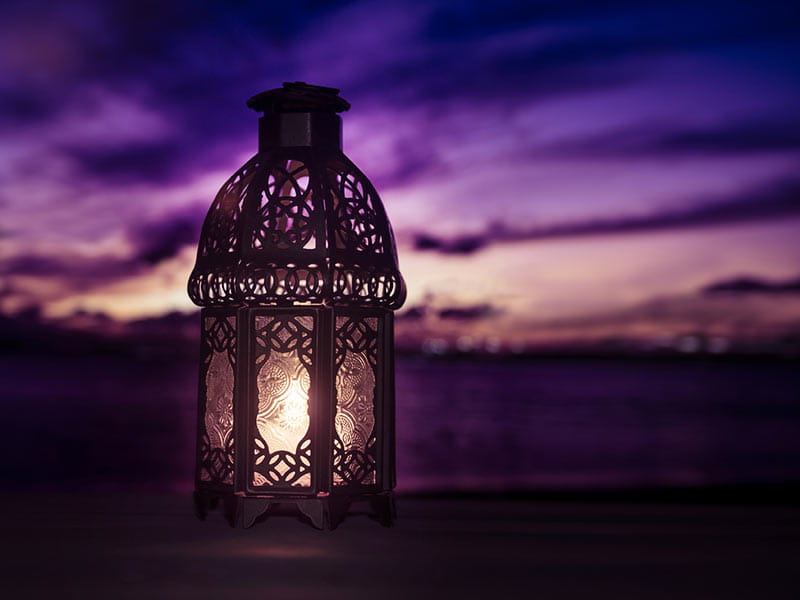I lived in Pakistan for two years and traveled to Afghanistan several times when the Taliban was in power. I had a burqa but never chose to wear it. During my time there, I learned that many women, particularly in rural areas, wore burqas before the Taliban took control in 1996. But I also knew there were women in urban centers who were psychologically and emotionally suffocated by them.
I could understand that because the burqa went against my beliefs. I wondered: How could strong women live with such oppression? When would they see how it punishes them for the lustful thoughts of men? But when I went back to Afghanistan during a three-month assignment after the Sept. 11 attacks, I started wearing a burqa. Not only did I need to wear it, sometimes I even liked it.
The first time I put it on was for purely practical reasons. Kandahar, the Taliban stronghold in southern Afghanistan, had fallen, and I needed to cover the story. I traveled in a caravan of journalists from Quetta, Pakistan, to the Afghan border, but we were barred from crossing. Pakistani authorities said entering southern Afghanistan was too dangerous. As the other journalists turned back, I suggested to a colleague and our interpreter that we cross at a less-used part of the border.
So I put on my burqa.
The border guard didn't direct a word toward me. He just waved us through. A woman under a burqa is treated with the utmost respect by most Afghan and Pakistani men. No questions asked.
Handy at the border I ended up using the burqa to cross the border back and forth between Pakistan and Afghanistan several times. No one ever asked me for my name or identification. To my surprise, I felt empowered. I could have been Osama bin Laden crossing the border undetected.
Sometimes I wore a burqa while conducting a sensitive interview and people didn't want their neighbors to know they were talking to a Western journalist. I wore it for protection if I wanted to avoid the crowds that pressed around me when I left my face exposed.
I ran into trouble when, instead of a burqa, I put on a salwar kameez, the baggy pants and tunic worn by people in the region, and a veil that covered my head and chest. My interpreter said one of the bodyguards of Hamid Karzai, head of the Afghan interim government, made crude sexual references about me. He also said a few men offered him money to take me to their homes for sex.
That's when I began to realize, emotionally as well as intellectually, why women in Afghanistan haven't discarded their burqas. Many are afraid. They remember the abuses, rapes and murders of women by warlords after the withdrawal of Soviet troops in 1989. The Taliban was born out of a need to restore peace and security, and that's why it initially was welcomed.
Many women also told me they care more about being permitted to study and work than about whether they must cover themselves from head to toe. They want to respect Islam, their families and their culture. So much of a family's honor, of the country's honor, is wrapped up in the women --- and they recognize this.
Yes, this can be viewed as a patronizing and paternalistic view that will keep Afghan women from being treated equally. In some ways, covering women up makes them more vulnerable to the very abuses men want to protect them from. Women who are shrouded become more forbidden to men --- and as a result more desirable.
But now I better comprehend why burqas are worn because I appreciate what Afghan women face. My admiration and respect for them has grown.
I have always believed that Westerners should not expect newly liberated Afghan women to adopt their beliefs and that Afghan women should shape their country on their own terms. Now I truly know why I believe that.
I consider myself educated and open-minded, but I realized that I still can learn a lot about the importance of understanding views I dislike.

